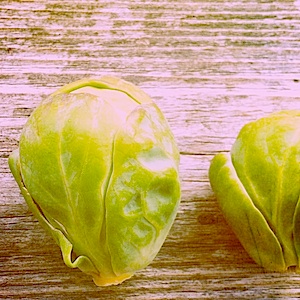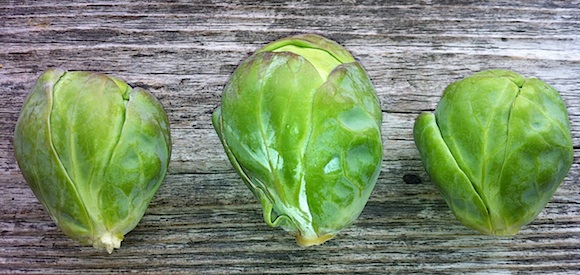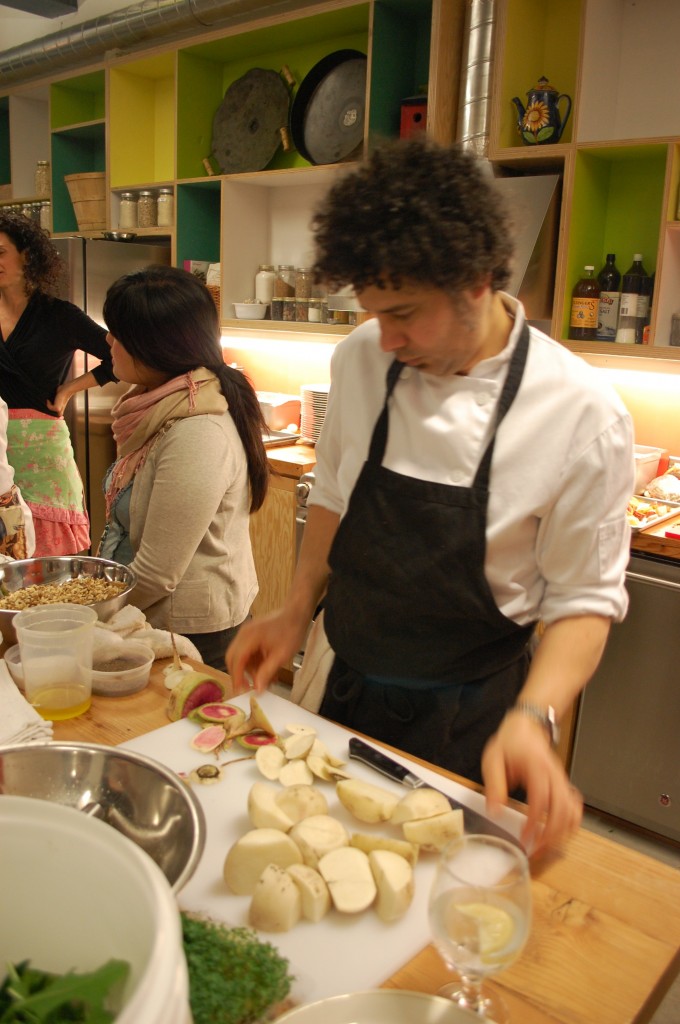At 10 AM on Wednesday, November 21, 2012 The Highland Companies withdrew their application for environmental assessment of the proposed “Mega-Quarry” they hoped to dig out of the prime farmland in Melanchton Township, near Creemore, Ontario. Among the reasons the company gave was that “the application does not have sufficient support from the community and government to justify proceeding with the approval process.” A brief history of the grass-roots movement that opposed the quarry, got the Ontario government to make the unprecedented move of requiring a quarry to go through a public environmental assessment, and then demonstrated how profoundly the people of the province did not want it, has been written by activist Jason Van Bruggen in The National Post, click here to read it.
It was Jason, who is an old and good friend of mine, and his wife Blaine who first contacted me about mega-quarry in the spring of 2011. Blaine’s family has owned property near Creemore for decades, and their concerns were focused primarily on the horrific ecological impact of the proposed quarry, but Blaine also recognized the food angle: the quarry would have destroyed some of the best farmland in Ontario. GFR became involved quickly, as did the hospitality industry that we serve, culminating in the “meeting at Marben“, which laid the groundwork for the involvement of Canadian Chefs Congress and the FoodStock and SoupStock events. When the announcement came down on Wednesday, emails, Tweets and Facebook posts from chefs and restaurateurs went crazy and the entire community of foodists seem to wear smiles. It was a very good feeling – still is.
So, how did I celebrate? At dinner, with a heaping side of Brussels sprouts. Melanchton is best known for its potatoes, but Bill French, one of the North Dufferin County farmers who opposed the quarry from the beginning, grows a lot of Brussels sprouts on his Lennox Farms on Highway 124, right beside the would-be quarry site. If you buy Ontario Brussels sprouts now, when they’re in season and deliciously crisp, then there’s a good chance they come from his farm. The mega-quarry would have put Bill out of business: there’s no way he could grow a crop next to an industrial site of that magnitude. So, the bitter and nutty flavours of the small brassicas, lightly steamed and seasoned with olive oil and a squeeze of lemon, seem, this November, to be even sweeter than usual.
 Malcolm Jolley is a founding editor of Good Food Revolution and Executive Director of Good Food Media, the not-for-profit corporation which publishes it. Follow him at twitter.com/malcolmjolley
Malcolm Jolley is a founding editor of Good Food Revolution and Executive Director of Good Food Media, the not-for-profit corporation which publishes it. Follow him at twitter.com/malcolmjolley









Well can’t say I’m a big eater of Brussel sprouts (ermm…), I am mighty happy with the overall gist of this story!
🙂
Dale, if you don’t cook the bejesus out of sprouts, they’re actually quite delicious, especially right now. Also, they make a great coleslaw-style salad.
Just what genuinely influenced you to compose “Melanchton Sprouts – Good Food Revolution”?
I personallydefinitely adored the post!
Thank you -Krystyna